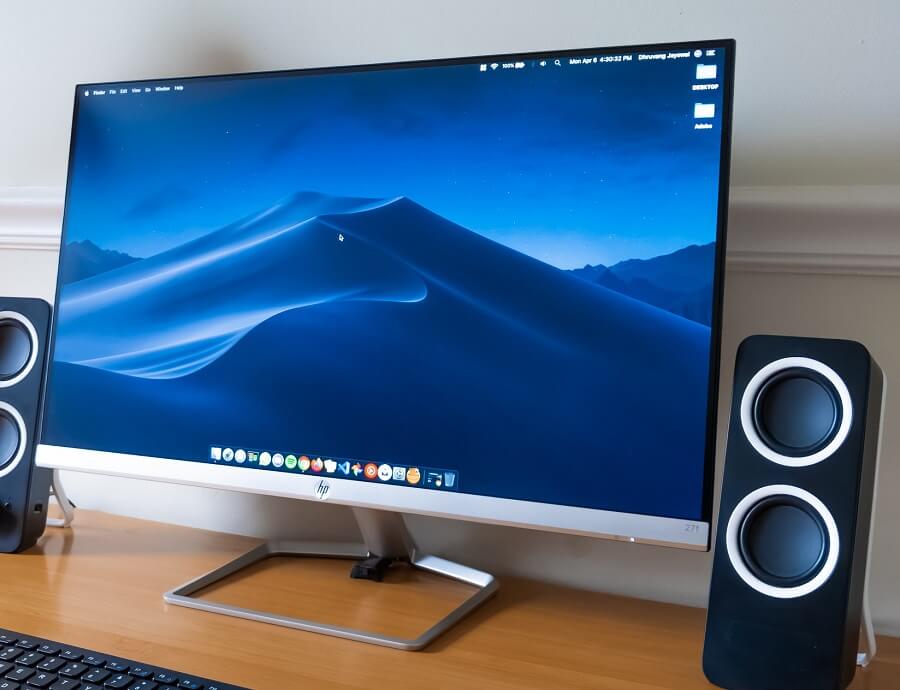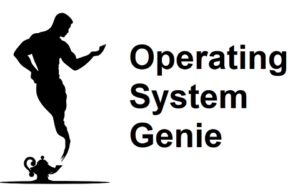Windows 7 and Windows 10 are two of the most popular editions fo Windows. Many PCs have mid-range to low end specs. So, in this article I will cover whether Windows 7 uses less CPU than Windows 10.
Windows 7 uses less CPU than Windows 10. When idle Windows 7 utilizes 0% of the CPU. Whereas, Windows 10 uses, on average, 10% of the CPU when idle.
Another big factor is the amount of RAM, and the amount of hard drive space required. There are minimum requirements recommended by Microsoft, but a PC with the minimums specs is too slow for most people. Below, I will cover:
- If Windows 7 is lighter than Windows 10
- Which Windows uses less CPU
- If Windows 11 is lighter than Windows 10
Let’s get into it!
Is Windows 7 Lighter Than Windows 10?

Windows 7 is lighter than Windows 10. Windows 7 utilizes less of the CPU, and RAM than Windows 10. It also requires less hard drive space. Here’s a table that shows a side by side comparison of Windows 7 and Windows 10 based on resource demands:
| Percent of the CPU utilized and when idle | Amount of RAM utilized when idle | |
| Windows 7 | 0% of the processor | 1.20 GB |
| Windows 10 | 10% of the processor | 2.54 GB |
Windows 10 also requires more hard drive space than Windows 7.
- Windows 7 needs 16 GB of hard drive space
- Windows 10 need 32 GB of hard drive space
Data is based on various independent tests. Windows 7 is also significantly faster than Windows 10.
A test was done by installing Windows 7 on one computer, and testing out how fast it does various tasks. Then Windows 7 was uninstalled and Windows 10 was installed, and the same tests were performed. Here’s a table that shows the results:
| Computer process | How much faster or slower Windows 7 is compared to Windows 10 |
| Starting up (booting up) | 9.08% faster |
| Opening a Internet Explorer | -647.08% slower |
| Opening Google Chrome | 40.00% faster |
| Opening Firefox | -9.72% slower |
| Installing a program | 51.06% faster |
| Opening File Explorer | 84.85% faster |
| Shutting down | 50.40% faster |
| Average | 37.61% faster |
The truth is:
If you bought you computer in the last 2 to 3 years it will be more than fast enough to run Windows 10. The bottom line metric to know is how much RAM you computer has.
If you computer has 8GB or more of RAM, then it can easily handle Windows 11. But, if you have 4GB or less then Windows 7 is the best option. Windows 11 will run OK. However, it won’t be snappy and is a bit slow for most people.
Of all the older versions of Windows 7, it’s the best. It is a good balance between low resource use
and a good looking user interface.
Windows 8 would have been a good option but Windows completely changed the layout of the start menu.
The overwhelming consensus from Windows users was that they didn’t like the change. And therefore, across the board Windows 8 is not recommended.
In my extensive research into getting the most of a PC I came across a somewhat hidden setting called SysMain. By turning it off I found I freed up 1GB of RAM. Check out this article about whether disabling SysMain improves performance.
Which Windows Uses Less CPU?
Windows XP, Vista, and 7 all use the least amount of the CPU, and utilize, on average 0% of the CPU. Of these Windows 7 is the most modern version of Windows. Windows 10 and Windows 11 are about tied for the CPU and RAM usage.
Below, is a table that shows the CPU and RAM usage for all the versions of Windows. They are in order from oldest version of Windows to the newest.
| Version of Windows | Percent of the CPU, and amount of RAM when idle |
| Windows XP | 853.0MB of RAM, and 0% of the processor |
| Windows Vista | 1.GB of RAM, and 1% of the processor |
| Windows 7 | 1.20GB of RAM, and 0% of the processor |
| Windows 8 | 2.20GB of RAM, and 4% of the processor |
| Windows 10 | 2.54GB of RAM, and 10% of the processor |
| Windows 11 | 2.77GB of RAM, and 12% of the processor |
For computers with lower specs, that struggle to run Windows 11 or Windows 10, Windows 7 is the best option. It has the widest software support, and best looking UI.
For gamers, a big factor is whether the newest games work. Based on my extensive research which I summarized here virtually all of the most popular games work on Windows 7.
I’ve personally used all the different versions of Windows. In my opinion, Windows 11 is by far the best. However, I really enjoyed using Windows 10, and Windows 7. And they still work great to this day. For a computer with lower specs Windows 7 is definitely a good option.
Is Windows 11 Lighter Than Windows 10?
Windows 11 is not lighter than Windows 10. On average, the CPU and RAM usage is exactly same. Independent tests have found that Windows 10 and Windows 11 utilize the following RAM and CPU when idle:
| Windows edition | RAM and CPU utilization when idle |
| Windows 10 | 2.54GB of RAM, and 10% of the processor |
| Windows 11 | 2.77GB of RAM, and 12% of the processor |
Almost everyone agrees that the new user interface for Windows 11 looks significantly better than Windows 10. Therefore, if your computer can currently run Windows 10 well, it will run Windows 11 the same. In some cases, it will be faster. Over time, Windows tends to accumulate files and bugs that make it slower over time.
Installing, Windows 11 essentially does a fresh install. Test were done to compare how fast Windows 11 performs compared to Windows 10. Tasks were tested such as:
- How long it takes to restart
- How long it takes to install a program
- How long it takes to copy a file
- How long it takes to open a program
The results are summarized and discussed in this article about whether Windows 11 is slower than Windows 10.
